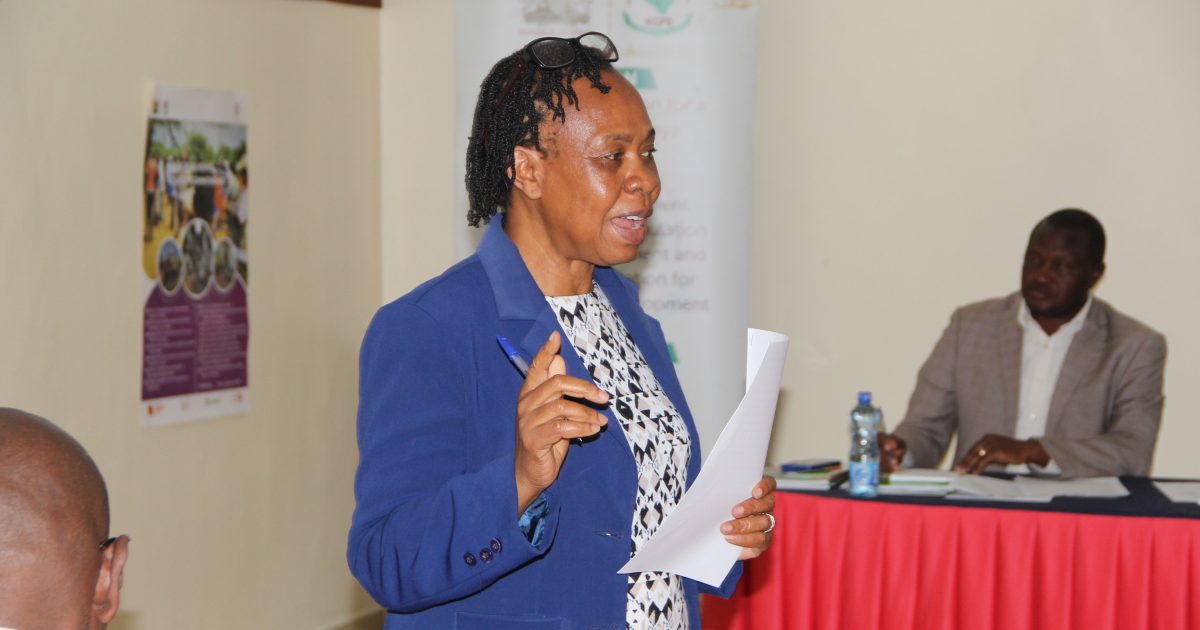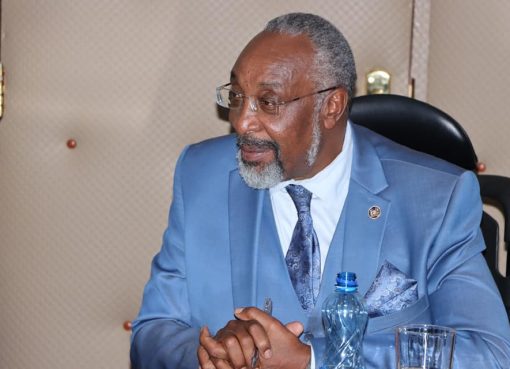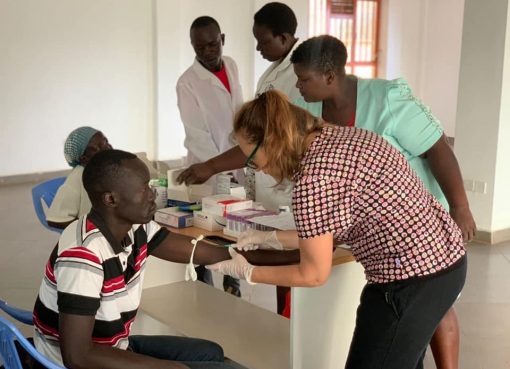Cases of teenage pregnancies in the country have been on a decline since last year, the National Council for Population and Development (NCPD) has said.
NCPD Director General (DG) Dr. Mohamed Sheikh noted that in the year 2022, the rate of teenage pregnancy nationally stood at 15 percent down from 18 percent the previous year.
In a speech read on his behalf by NCPD Director of Corporate Services Margaret Muthoni at a workshop in Nanyuki town to review the commitments the country made during the International Conference on Population and Development (ICPD), the DG however noted that the rate of teenage pregnancies varied among counties.
Among the commitments the country made at the 2019 ICPD conference in Nairobi, was ending the triple threat of HIV and Aids among the youth, Female Genital Mutilation (FGM), and teenage pregnancies.
“There are wide county variations with Samburu reporting more than half 50.1 percent of adolescents having given birth or pregnant with the first child as compared to Nyeri which reported a rate of 4.5 percent,” said the DG.
Dr. Sheikh observed that in Laikipia County, the teenage pregnancy rate stood at 9 percent having remained high for a long period with about a quarter of all pregnancies in the county from 2016 to 2022, occurring among adolescents of ages 10-19 years.
“In 2022 alone, 260 adolescents from Laikipia aged 10-14 years presented with a pregnancy at first Ante Natal Clinic (ANC) representing 18 percent of all pregnancies in the county,” He added.
World Health Organisation (WHO) warns that early childbearing, especially among girls aged 10-14 years was the leading cause of maternal deaths globally. The Kenya 2019 census reported a maternal death of 464 deaths per 100,000 live births among girls aged 15-19 years.
Laikipia East Deputy County Commissioner (DCC) Patrick Muli who opened the workshop urged the participants to play an active role in ensuring that cases of teenage pregnancies and FGM are eradicated.
“You are here as a think tank to dissect these vices and tackle them once and for all. Even if it calls for a review of our strategies as a county such as embracing technology in our outreach approaches, then let’s consider it,” Muli told the workshop.
The DCC further called for a concerted approach by all in fighting the vices in the region.
Lucky Nanunyak from Pathways Policy Institute, an organization that assists teenage mothers in returning to school after delivery noted that there was a need to involve teenagers and the youth while coming up with policies and guidelines touching on their lives.
“I feel it’s important to go back to where these people are and engage and understand them while we seek their opinions on policies made that affect them as well as involve parents and guardians on the same to avoid a disconnect in the guidelines touching on their lives,” Namunyak said.
The one-day workshop drew participants from the National and County governments, Civil Society Organisations, health officials, and members of the Non-Governmental Organisations.
By Martin Munyi




